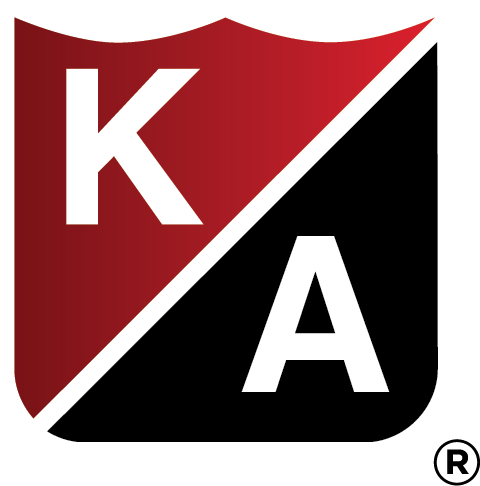By David P. Benjamin and Patrick St. Pierre
There are two types of design professionals: those who have been stiffed by clients and those who will be. This pithy truism leads to another: obtaining payment for your work is your professional responsibility. Suing for unpaid fees is not equivalent to securing payment in the first place as the mire of litigation will assuredly squander the project’s original profitability. For the discerning design professional, the following is a best practices guide for ensuring full and timely payment.
First, include a contract provision conditioning the owner’s license to the instruments of service on full payment. Such language should unambiguously and expressly foreclose the possibility that the owner can default on his obligation to pay you and nevertheless utilize your design plans as he moves forward with construction.
Second, be clear about the ownership rights of your design plans such that you own the plans in the contractual interim until and unless the owner makes full payment. No matter how pedantic and redundant it may feel to contract to such an intuitive measure, it feels a good deal worse to argue to a judge or jury what the contract implicitly intended regarding ownership rights.
Third, insist on a contract clause curtailing the owner’s right to withhold your compensation as a penalty or a fee offset until and unless an adjudication has determined your liability. This provision is found at Section 11.10.2.2 of the AIA B101-2017 and is one of the first items owners seek to eliminate.
Fourth, in the event that you must covenant that your potential liens, rights, and interests be subordinated to those of a lender, use that opportunity to make owner’s full payment a condition to the execution of such subordination agreement. If you have not waived your lien rights, speak with legal counsel promptly concerning the availability of filing a lien to preserve and secure a claim as there are short deadlines in many states for preserving lien rights afforded in jurisdictions.
Fifth, make full payment a condition precedent to obtaining building permits.
Sixth, be a good steward of your fees. Just as you sign off on next phases of construction, so should an owner sign off on their next phases of payment obligations. Don’t let an owner’s rush to see a project finished relax your attitude toward accounts receivable; be diligent about obtaining timely periodic payments.
Seventh, notify lenders when the owner becomes delinquent on his obligations to you. A notification requirement is generally included in subordination provisions but it’s far more prudent to effect this notice on your own than to wait for the owner to do so. This pressures owners even further when they have an upcoming financing event. Finally, seek the guidance of legal counsel to evaluate these steps. While none of your options may seem particularly pleasant, certain avenues will, nonetheless, be more fruitful than others and a knowledgeable attorney can help you navigate your way to payment.

David P. Benjamin
David has practiced law for 35 years as a civil trial lawyer and counselor. He is a co-founder and managing partner of Benjamin, Vana, Martinez and Cano LLP with offices In Austin and San Antonio.
His practice has been primarily devoted to trial or resolution of construction disputes and to providing legal counsel on construction and design issues. He regularly represents and counsels design professionals and insurers across a broad spectrum of projects, including public, commercial, residential, and industrial.
His representative construction disputes include representation of contractors, subcontractors and design professionals in both defense and prosecution of multiple matters in litigation arising from varying procurement methods. Representation has included projects such as public works, stadia, hospitality, retail, residential, health care and higher education. He counsels design professionals and owners for contract review and negotiation. He has tried cases in courts across Texas and arbitrated disputes to final awards. Attorneys also tap him to serve as mediator on construction disputes from time to time. He regularly contributes as a writer and speaker to design professionals and the state and local chapters of the A.I. A. and to the construction section of the Texas State Bar. He dedicated many years as an adjunct professor at the School of Architecture Planning and Construction Science at the University of Texas San Antonio. When not managing his firm or helping clients, David spends every second chasing his little granddaughter.



